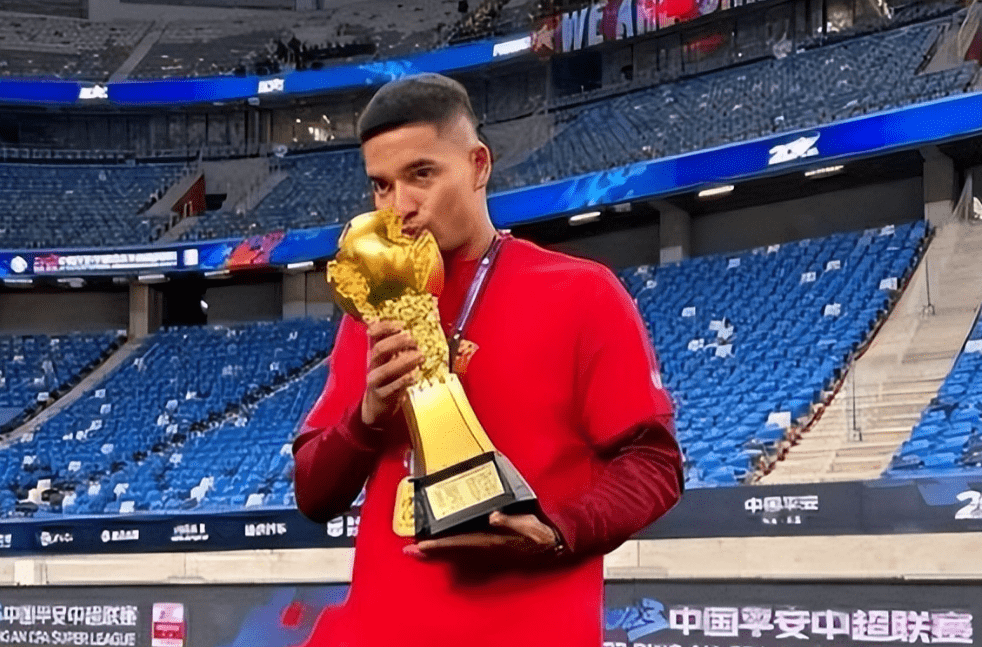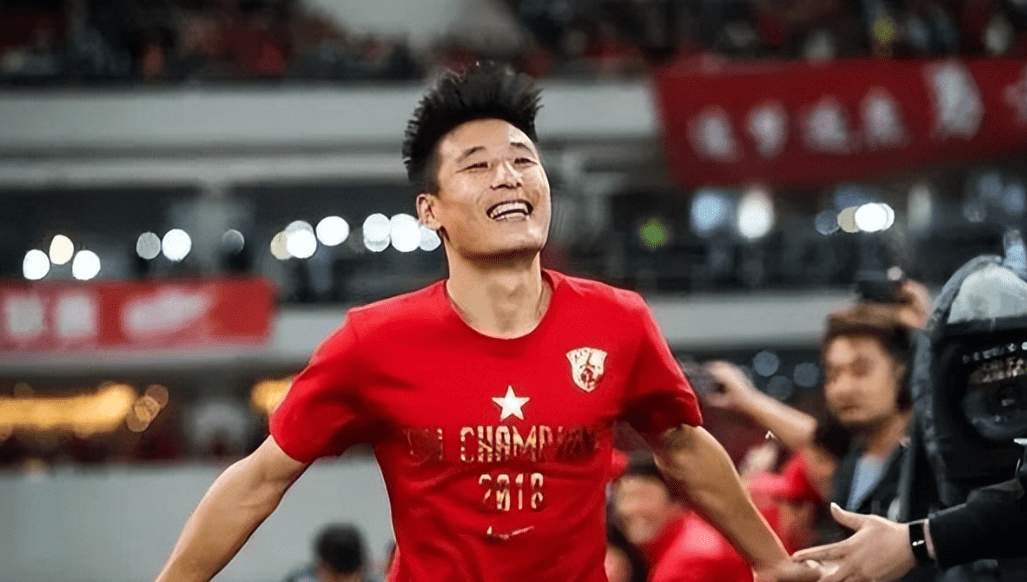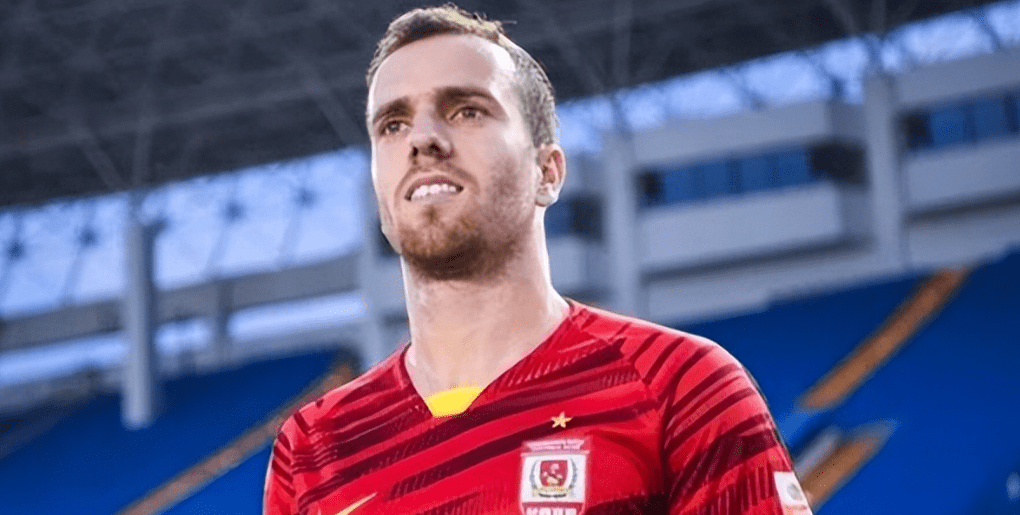Can Chinese football turn things around? The new national team roster has given us a glimmer of hope, but it also makes us hold our breath. Will the seemingly positive changes such as youthification, naturalized players, and contributions and adjustments from clubs really shake the deeply rooted problems in Chinese football? Looking beyond the excitement on paper, is the future of Chinese football really here?
The name of Ivanković has been frequently mentioned in the domestic football circle recently. After taking office as the head coach of the national team, he launched a radical reform, the most obvious action being the promotion of team youthification. This time, the average age of the newly announced national team list dropped to 26.7 years old, much younger than the previous "35+ veterans class."

At first glance, this is indeed a positive signal. In the past, we always said that when the national team played, the average age of the players was high enough to be like playing a retirement ceremony. But this time, many post-95s and even post-00s young players have been promoted to the national team. They have good physical fitness and strong impact, and can keep up with the fast-paced international competitions.
But then again, youthification does not equal achievement. Young people have energy, but lack experience in major events, which may become a shortcoming in events like the Asian Cup.

Imagine, when the opponent presents a mature tactical system and experienced players, can these young players stabilize their positions? Ivan's youth strategy is a gamble, and the results may not be satisfactory in the short term, but in the long run, perhaps this is the first step that Chinese football must take.
In this national team list, the name of naturalized player Hou Yongyong appeared again. He is a typical representative of China's naturalization policy. After returning from Norway, he not only showed good abilities on the field, but also expressed his patriotic sentiments on social media many times. To be honest, such stories are rare in Chinese football, and they also warmed the hearts of many fans.

However, Hou Yongyong's success does not mean that there are no problems with the naturalization policy. Beijing Guoan, as a pioneer club of the naturalization policy, has naturalized many players including Hou Yongyong and Li Ke in recent years, providing a lot of help to the national team.
But at the same time, the introduction of naturalized players has also caused some controversy. Naturalized players can indeed improve the overall strength of the team in the short term, but will they occupy the growth space of local players? Especially those young players who are struggling in the youth training system, will their opportunities become less as a result?

Naturalization is a way, but it is by no means the only way. Guoan's attempt is worthy of affirmation, but the key to the future lies in finding the balance point between naturalization and local cultivation. If we rely solely on foreign aid and naturalized players, the foundation of Chinese football may never be stable.
As an old powerhouse in the Super League, Beijing Guoan has made frequent big moves during this offseason. On one side, veterans such as Yu Dabao, Zhang Chengdong, and Li Ke bid farewell; on the other side, newcomers and foreign players join - Serginho showed off the Guoan scarf at the airport, almost announcing his joining.

The addition of this Brazilian player is widely regarded as a key step for Guoan to reshape the "beautiful football" tactics. After all, Serginho not only has excellent skills, but also has great creativity. This is a huge reinforcement for Guoan's midfield. Coupled with the two new national players Wei Zhen and Wu Shaocong introduced by the team, Guoan's overall lineup depth and competitiveness have reached a new level.
But problems come with it. Will such a large-scale personnel adjustment lead to a break in the tactical system? Can the new recruits quickly integrate into the team? If these problems are not solved, the so-called "beautiful football" may only stay on paper. If Guoan wants to compete for the championship in the new season, in addition to recruiting, it also needs to work hard on internal coordination.

Last season's double champion Shanghai Port contributed only two players to this national team list, which is undoubtedly a huge contrast. A team that won both the league and cup championships, why is its presence in the national team so low?
This exposes a potential problem with the harbor: over-reliance on foreign aid and neglect of the cultivation of local players. In recent years, foreign players have occupied important positions in the main lineup of the harbor, while local players mostly play supporting roles. This "top-heavy and bottom-light" structure may work in the Super League, but when placed in the framework of the national team, problems arise.

The alarm bell for the harbor has already sounded. As one of the top clubs in the country, the harbor must invest more effort in the construction of echelons and the training of domestic players. Otherwise, the short-term glory of achievements will eventually fade away, leaving only a mess.
The adjustment of this national team list is not only for the World Cup qualifiers, but also in preparation for the future Asian Cup. The youthful lineup is obviously to adapt to the faster game rhythm, and also to lay the foundation for the future tactical play of the national team.
However, judging from past experience, the adjustment of the list is only the first step, and what is more important is how to transform the paper strength into actual combat effectiveness. Especially in high-level events like the Asian Cup, what China needs is not only momentum, but also calm and mature tactical execution ability. Whether these young players can complete the transformation in a short period of time is still unknown.
The future of Chinese football still requires more exploration and breakthroughs. From the naturalization policy to the youth training system, from league management to the national team list, every link needs deeper changes. We can only hope that this change will not just be superficial, but truly pave the way forward for Chinese football.